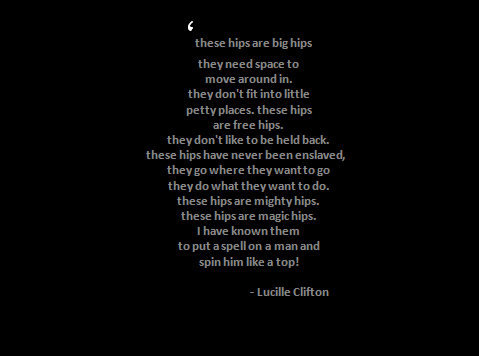Provocative
“Don’t dress in revealing
clothing, because then you’re asking for it.”
Do you wear a safety helmet everytime you go out
just in case someone bashes your head against a wall?
Exactly..makes no sense at all.
When it comes to conversations about an incident of sexual assault, the
topic of how the survivor was dressed at the time always seems to come up. If
she (and yes, these comments are only ever applied to women) was dressed in any
way that society can interpret as “sexy,” “revealing,” or “provocative,” then
this becomes a factor worth mentioning. But why is this even relevant when
someone assaults a woman?
The problem is that our society holds some ridiculous beliefs around how
revealing clothes supposedly increase the risk of sexual assault.
First, we think that perpetrators are sex-crazed men who can’t control
themselves at the mere sight of a woman dressed in provocative clothes.
In reality, sexual violence is not about sex –
that’s a myth!
So whether you’re wearing a short skirt or not , it doesn’t make a difference,
because sexual assault is about exerting power and control over someone else.
Clothes are not a risk factor. The only risk factor is the
presence of a rapist. And really, if the issue was about perpetrators not being
able control themselves around women dressed in revealing clothing, then rates
of sexual assault at beaches, pools, and fashion shows would be out of control.
Secondly, there is a messed up idea that women
dressing in revealing clothes are “asking for it”. Women, and men for that
matter, dress in many different ways for many different reasons. Even if
someone is dressing sexy because they want to have sex, they still get the
choice of who and when. No one dresses sexy because they want to be raped.
A woman is allowed to wear whatever she wants because it is her body and her choice.
Some people don't like the clothes
I wear. People are quick to label you a ‘whore’ if you’re fat and confident and
wear the same clothes as skinny people, because there’s more of your body
showing. I say, if something makes you feel good, wear it.
Do you wear a safety helmet everytime you go out just in case someone bashes your head against a wall?
Exactly..makes no sense at all.
When it comes to conversations about an incident of sexual assault, the topic of how the survivor was dressed at the time always seems to come up. If she (and yes, these comments are only ever applied to women) was dressed in any way that society can interpret as “sexy,” “revealing,” or “provocative,” then this becomes a factor worth mentioning. But why is this even relevant when someone assaults a woman?
The problem is that our society holds some ridiculous beliefs around how revealing clothes supposedly increase the risk of sexual assault.
First, we think that perpetrators are sex-crazed men who can’t control themselves at the mere sight of a woman dressed in provocative clothes.
In reality, sexual violence is not about sex – that’s a myth!
So whether you’re wearing a short skirt or not , it doesn’t make a difference, because sexual assault is about exerting power and control over someone else.
A woman is allowed to wear whatever she wants because it is her body and her choice.
Outfit
Bodysuit - Boohoo
Sandals - Park Lane available at Asos
Photo cred - Lezabrahams






Comments
Post a Comment